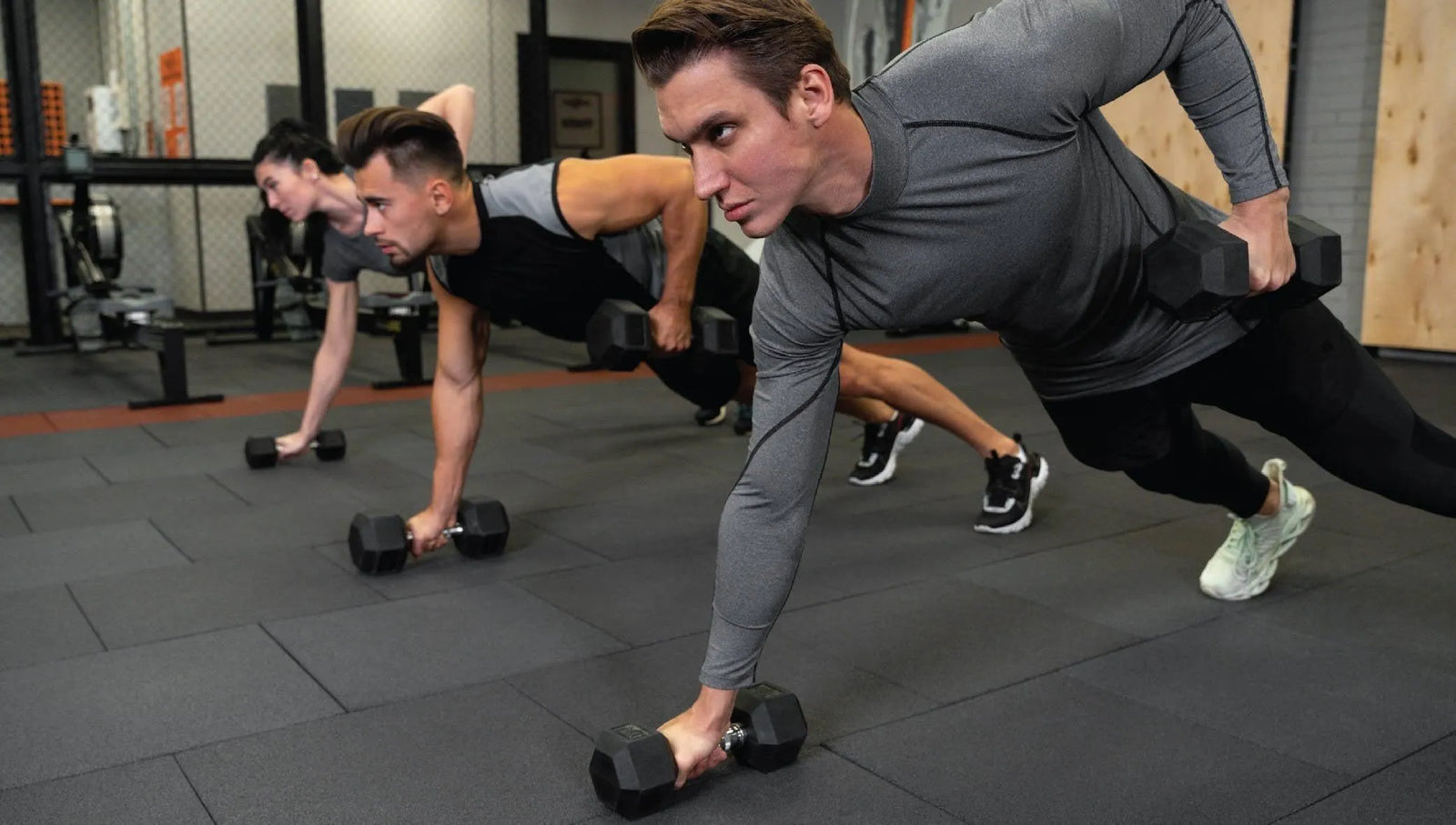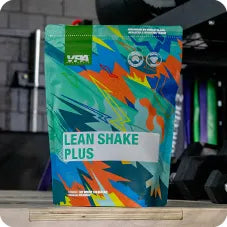Your Cart is Empty
Burnout and Fatigue – Overtraining Syndrome
July 31, 2019 2 min read

Athletes and gym junkies alike are always striving for progression, improvement, and gains. It is obvious that to continually progress, a more physically taxing and exhausting regime must be enforced, however, on occasions this can be taken too far. Overtraining syndrome occurs when frequency, duration or intensity exceeds the functional limits for that individual, and can have a range of symptoms including lack of energy, aches and pains, headaches, muscle soreness, insomnia, and a sudden drop off in performance.
Literature by Kreher and Schwartz (2012) promotes that overtraining syndrome is simply your body telling you that it cannot keep up, and that it likely needs more food fuels, and/or greater recovery periods between workouts, along with sleep. Whilst the symptoms may be uncomfortable and limit performance, Kreher and Schwartz also recognise that the syndrome will also leave you susceptible to illness, due to a decreased immunity.
How is overtraining syndrome contracted? Budgett (1990), refers to the matter that the syndrome is not a physical illness, therefore cannot be spread as such like a virus. The research realises that from excessive training comes issues, and may begin with an injury followed by an inappropriate recovery period or protocol. The piece suggested that moving beyond 5 training sessions per week (depending on intensity and rest periods) is where athletes begin to become susceptible and should focus on their diet and recovery regime, along with sleep cycle, ensuring that their body has ample rest.
How can you tell if you have an overtraining syndrome?
Whilst you may be experiencing symptoms, to be sure it is recommended to visit a general practitioner for a clinical diagnosis. From here, they will suggest alterations to diet and exercise to accommodate for the fatigue and resulting symptoms. Following confirmation from a GP, it is best to meet with professionals in the field such as a qualified nutritionist, and strength and conditioning coach. The nutritionist will be able to evaluate energy consumed versus the energy expended, and ensure that you have a surplus of calories in store to accommodate for the planned exercise. A strength and conditioning coach will be able to map out a gradual return to performance, ensuring that you fully recover. They will also look to mechanical efficiency, ensuring that you are performing your training without burning unnecessary energy.
References
Budgett, R. (1990). Overtraining Syndrome. British Journal of Sports Medicine, 24(4), 231-236. Retrieved from https://www.ncbi.nlm.nih.gov/pmc/articles/PMC1478908/pdf/brjsmed00032-0025.pdf
Kreher, J., & Schwartz, J. (2012). Overtraining Syndrome: A Practical Guide. Sports Health: A Multidisciplinary Approach, 4(2), 128-138. Retrieved from http://journals.sagepub.com.ezproxy.federation.edu.au/doi/pdf/10.1177/1941738111434406
Also in Training

Boosting Your Health: Understanding Aerobic and Anaerobic Metabolism
July 22, 2024 4 min read
Learn about the key differences between aerobic and anaerobic metabolism, and how to optimize your workouts for better health and fitness. Discover the benefits and performance-boosting potential of combining these two metabolic powerhouses.
Read More
Smash Through the Wall: How to Increase Your Lactate Threshold for Running Glory
July 08, 2024 4 min read
Learn science-backed strategies to boost your lactate threshold, enhance running performance, and achieve your fitness goals. Discover expert tips and techniques here.
Read More
The Ultimate Guide to Cross-Training
July 01, 2024 5 min read
Learn about cross-training, crafting a plan, tailoring for different fitness goals, and activities beyond the gym. Discover the ultimate fitness guide at VPA.
Read More Recent Articles
- Boosting Your Health: Understanding Aerobic and Anaerobic Metabolism
- Smash Through the Wall: How to Increase Your Lactate Threshold for Running Glory
- The Ultimate Guide to Cross-Training
- Embrace the Cold: How to Stay Active and Healthy Throughout Winter Down Under
- What is Hyrox?
- Mastering the Pull-Up
- Building a Champion: Why Cardio and Strength Training are Your Fitness Dream Team
- Beyond the Six-Pack: Building a Strong Core for Everyday Life
- Routine and Discipline – The Backbone of Fitness
- Calisthenics for Beginners
${{amount}}













